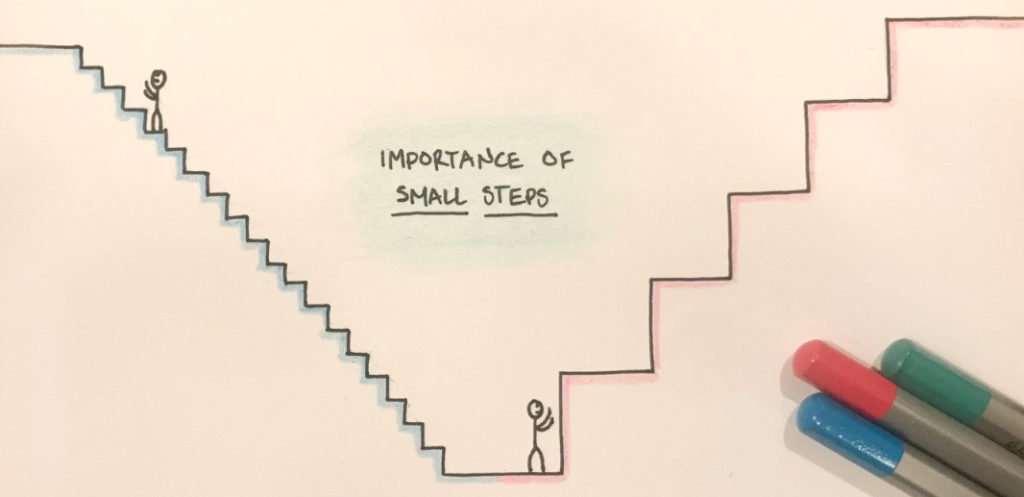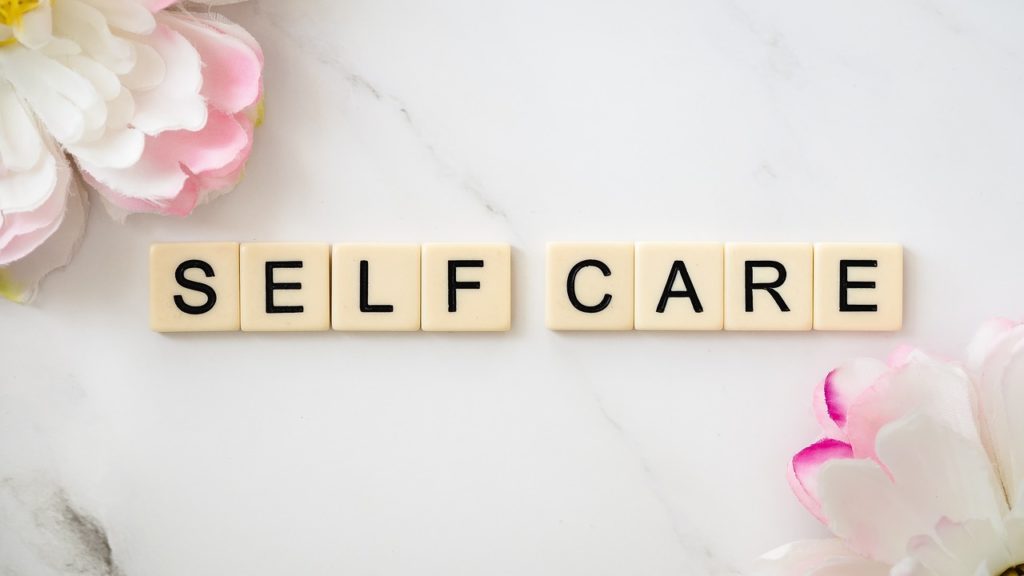The holiday season offers a wonderful opportunity for socializing, breaking from routine, and engaging in activities we may not typically pursue, such as traveling long distances to visit loved ones.
As we reminisce about Christmases past, it’s worth considering whether we adequately prepare ourselves mentally for the holidays.
While we meticulously plan gifts, events, and outfits for the festive season, it’s essential to pause and prioritize our mental health. Taking a moment to assess our needs and those of our family can make a significant impact on our overall well-being.
It takes time to stop doing things on autopilot and make choices that are beneficial for our mental health. Good mental health is not determined by whether we have a mental illness or not. Good mental health is determined by choices we make that positively impact our mental wellness.
Here are some elements that can impact our mental health this season:
Socializing – Human connection is vital for well-being, and its form varies between individuals. Introverts may prefer small gatherings, while extroverts thrive in larger groups. Allocate time for connecting with others, whether it’s a walk with a neighbour, a phone call to a friend, or a gathering with loved ones.
Emotions – We can have a variety of emotions about this time of year. Some of us might be sad, grieving the loss of a significant person, job, or relationship. Others might have mixed feelings about gathering with certain family members or friends. Acknowledge and understand the spectrum of emotions experienced during the holidays. Whether grieving a loss or navigating complex family dynamics, identify healthy coping mechanisms like talking to a trusted person, practicing meditation, or taking breaks from challenging situations.
Exercise – Engaging in physical activity releases endorphins that enhance mood and stress management. Exercise doesn’t necessarily mean hitting the gym; it can be as simple as cleaning, gardening, walking around the block, or playing pickle ball. Incorporating brief exercises, such as parking farther from the store or taking the stairs, can be beneficial during busy schedules.
Healthy Eating – Why does what we eat matter to our mood? Our brain is always “on” and requires fuel that comes from the food we eat. The connection between our diet and mood is profound. A diet rich in refined sugars may negatively affect brain functioning and mood. Consider adding nutritious snacks or meals to fuel your brain and regulate mood during the festive season.
Medications – If you are prescribed medication by a healthcare professional, take it as prescribed. This is actually a way to keep your body regulated by giving it the supports it needs. Yes, the simple act of taking medication or supplements as prescribed is working towards good mental health
But then, what can you do to go even further? Here are some practical steps you can take right away.
1. Identify one area you struggled with last year during the holiday season.
For example: “Last year things were busy. When things get busy, my energy lowers and I am less able to manage my emotions and stress.”
2. Decide on one small step you want to take this season.
Make the step manageable and relevant to what you want to accomplish. For example: “I want to plan quiet mornings, afternoons or days off after busy events.”
3. Give yourself compassion if you slip up.
Sometimes we lose our emotional balance and slip up and miss our goal. It happens to everyone! Show some self-compassion, then evaluate and get back on track.
For example: “I planned back-to-back-to-back events because people (I don’t normally see) were in town. Makes sense–but now I am exhausted and might not be the most patient with my family. So, today is a pyjama day with no plans.
As you embark on this journey to prioritize your mental health this holiday season, it’s important to recognize that seeking guidance from a mental health professional can provide valuable insights and personalized strategies.
As a psychotherapist, I can offer you a safe and non-judgmental space to explore your thoughts and emotions, helping you navigate the unique challenges that may arise. I can empower you with coping mechanisms, mindfulness practices, and a deeper understanding of your emotional landscape.
If you think this might be helpful to you, click here to book a free consultation.



